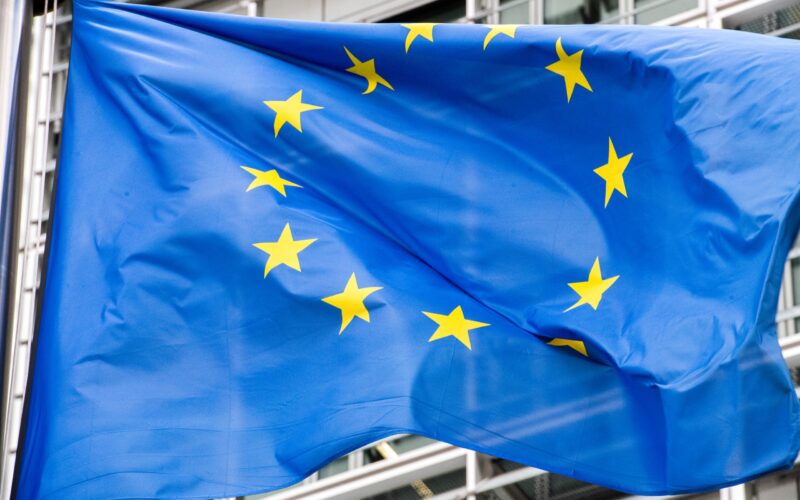The European Sustainability Reporting Standards (ESRS) are set to reshape sustainability reporting for thousands of companies in the European Union (EU) and beyond, requiring more comprehensive disclosures on sustainability impacts. Developed as part of the Corporate Sustainability Reporting Directive (CSRD), the ESRS aims to standardise non-financial reporting across the EU, driving transparency and comparability in corporate sustainability disclosures. Through these standards, the EU seeks to support informed decision-making, facilitate the transition to a sustainable economy, and provide stakeholders with vital data on environmental and social practices.
Primarily, the ESRS applies to large companies and listed entities within the EU, excluding only listed micro-enterprises. Small and medium-sized enterprises (SMEs) are encouraged to adopt the standards voluntarily, supporting the EU’s vision for broader sustainability engagement. Additionally, non-EU companies with significant EU operations or subsidiaries, such as U.S. companies with large EU-based branches or those generating over €40 million in turnover within the EU, are required to comply if they meet specific criteria. In total, it is estimated that approximately 50,000 companies of varying sizes across the EU will be impacted by the ESRS.
The ESRS implementation will be phased to facilitate compliance. Large public-interest companies with over 500 employees must start reporting from January 1, 2024, with their first reports due in 2025. From January 1, 2025, large companies with over 250 employees, €40 million in turnover, or €20 million in total assets will also be required to report, with their reports due in 2026. Listed SMEs and other undertakings will enter the framework by January 1, 2026, with an option to defer compliance until 2028. This gradual rollout allows companies time to adapt their processes, easing the transition for both EU and non-EU firms.
Under ESRS, companies must report on three core sustainability areas: environmental, social, and governance (ESG). Environmental disclosures cover climate change, pollution, water and marine resources, biodiversity, and circular economy practices. Social reporting includes topics such as employee welfare, human rights, and social capital, while governance disclosures address anti-corruption measures, board diversity, and stakeholder engagement. The ESRS offers specific metrics and indicators for each area, as well as sector-specific guidelines to tackle industry-specific sustainability issues.
A defining feature of the ESRS is its “double materiality” approach, which requires companies to report on both impact materiality (how their operations affect the environment and society) and financial materiality (how sustainability issues impact financial performance). This dual perspective provides stakeholders with a well-rounded view of sustainability risks and opportunities, covering both external impacts and financial implications. To ensure the reliability of these disclosures, ESRS mandates third-party assurance, with independent auditors verifying reports to strengthen credibility and foster investor and stakeholder trust.
The ESRS aligns closely with global standards, including those from the Global Reporting Initiative (GRI) and the International Sustainability Standards Board (ISSB), helping globally operating companies streamline their reporting efforts and maintain compliance across jurisdictions.
However, implementing the ESRS comes with challenges. Companies face hurdles in collecting and managing extensive ESG data, conducting complex double materiality assessments, and adapting to sector-specific reporting requirements. Additionally, securing third-party assurance can be costly and logistically demanding, while finding and allocating specialised resources and expertise remains difficult for many. Aligning ESRS with global standards adds complexity, especially for multinational companies, and integrating new technologies to support seamless reporting requires substantial investment. Finally, achieving internal buy-in and managing organisational change are essential yet challenging steps for embedding ESRS compliance within company culture.
In preparing for ESRS compliance, companies should become familiar with the requirements, conduct a double materiality assessment, and build efficient data collection systems. Establishing robust reporting systems, engaging stakeholders, and securing third-party assurance are crucial steps to ensure smooth compliance. Companies may also need to invest in staff training, monitor regulatory updates, and adopt technology solutions to boost reporting accuracy and efficiency.
Companies that fail to comply with ESRS could face significant repercussions, including regulatory penalties, reputational damage, diminished investor confidence, operational disruptions, and competitive disadvantages. “Early preparation is key,” advises Rajesh Chhabara, Managing Director of CSRWorks International, a sustainability consulting and training firm based in Singapore that provides clients worldwide with advisory services on sustainability reporting and compliance.


















